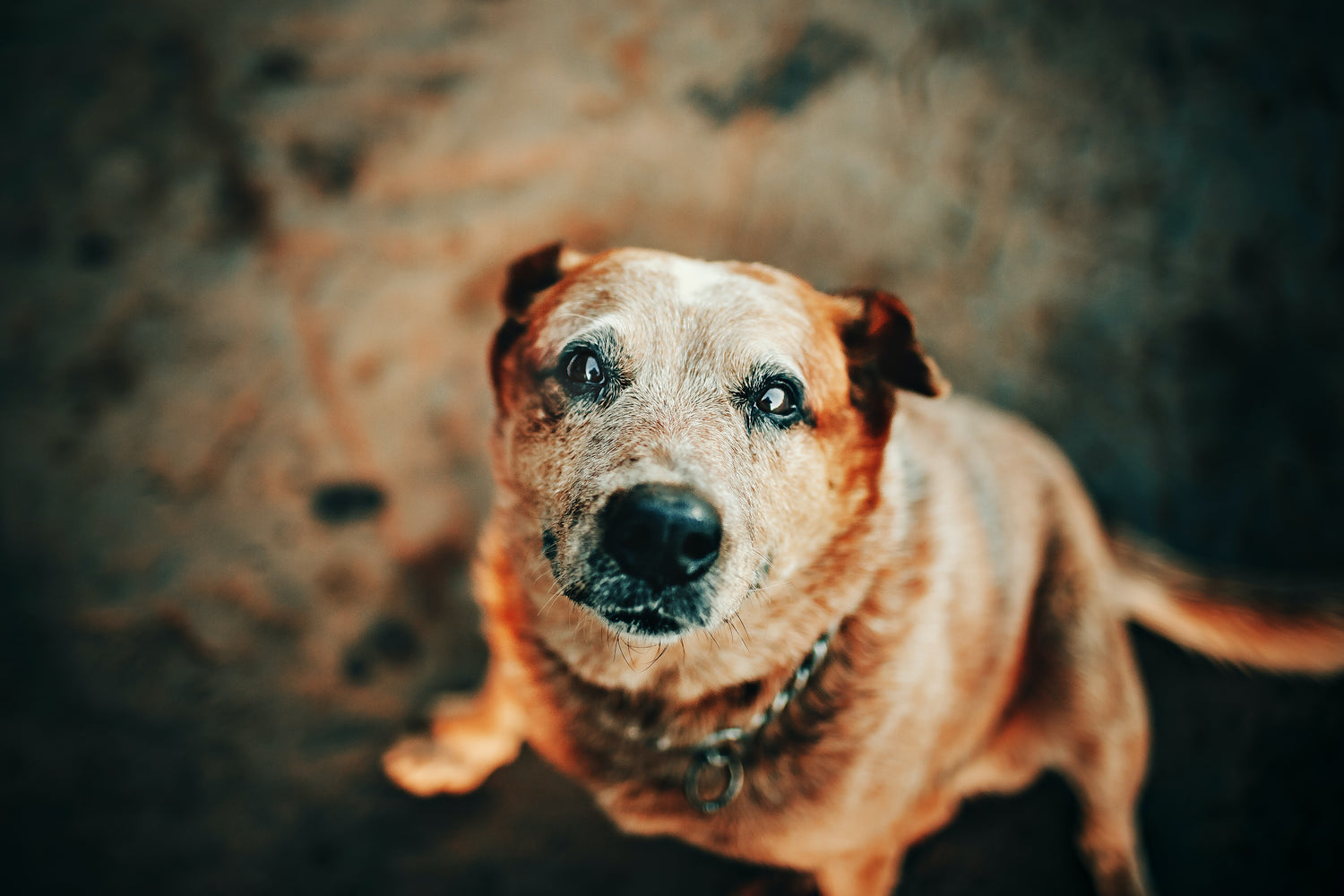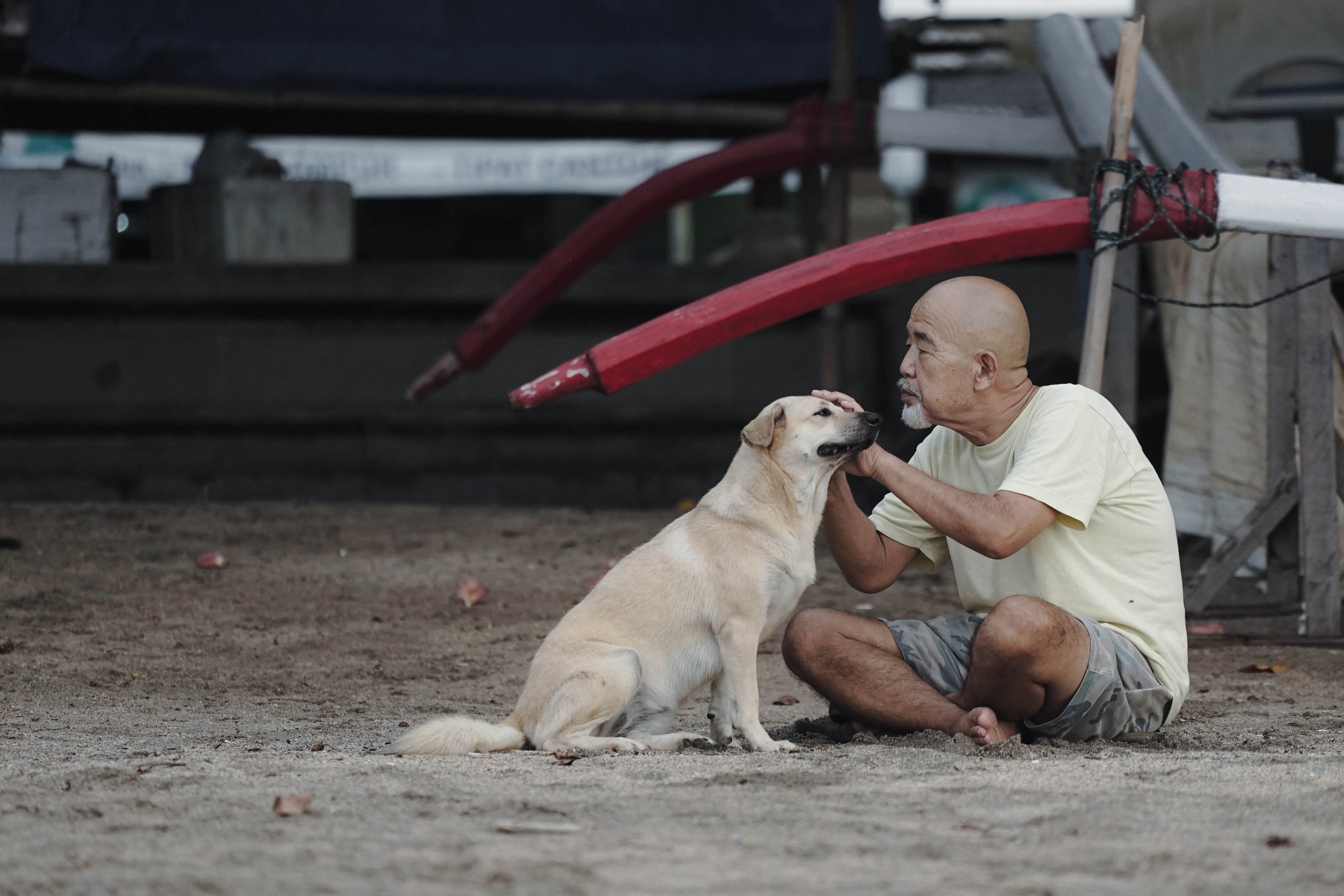As our loyal canine companions age, their needs and requirements change. Just like humans, senior dogs deserve a little extra care and attention to ensure they enjoy a comfortable and fulfilling life. In this comprehensive guide, we'll explore the essential steps to providing exceptional care for your senior dog, from nutrition and exercise to health considerations and the priceless companionship that comes with these golden years.
1. Nutritional Wisdom for Senior Dogs: Tailoring your senior dog's diet to their changing needs is crucial. Opt for high-quality, age-appropriate dog food that supports their joint health, maintains a healthy weight, and aids digestion. Consider consulting your veterinarian for recommendations on supplements like glucosamine and omega-3 fatty acids to support joint health.
2. Portion Control and Weight Management: Senior dogs are more prone to weight gain, which can exacerbate health issues. Follow your vet's guidelines for portion control and monitor their weight regularly. Adjust their diet as needed to maintain a healthy weight and overall well-being.
3. Gentle Exercise and Play: While senior dogs may not have the same energy levels as their younger counterparts, regular, low-impact exercise is still crucial. Short walks, gentle play sessions, and mental stimulation activities help keep muscles and minds active while preventing obesity.
4. Comfortable Living Environment: Ensure your senior dog has a cozy and easily accessible resting spot, away from drafts and stairs. Orthopedic beds can provide much-needed support for aging joints. Keep their living area clean and free from obstacles that may lead to accidents.
5. Regular Veterinary Check-Ups: Frequent vet visits become even more important in a dog's senior years. These visits help catch and manage age-related health issues like arthritis, dental problems, and vision or hearing loss. Discuss a tailored wellness plan with your vet that includes vaccinations, dental care, and screenings.
6. Dental Health Matters: Oral health is crucial at any age, but senior dogs may be more prone to dental issues. Regular teeth brushing, dental chews, and professional cleanings can help prevent painful dental problems.
7. Mind-Engaging Activities: Stimulate your senior dog's mind with puzzles, interactive toys, and gentle training exercises. Mental stimulation helps prevent cognitive decline and keeps their spirits high.
8. Adjusting to Dietary Changes: Some senior dogs may require a switch to softer or wet food if they have trouble chewing. Consult your vet for recommendations based on your dog's specific needs.
9. Adapted Grooming Routines: Grooming remains important, but senior dogs may need gentler handling. Brush their coat regularly, trim nails as needed, and keep ears and eyes clean to prevent infections.
10. Emotional Bond and Patience: Above all, cherish the moments you share with your senior dog. Your patience, love, and companionship mean the world to them during these later years. Create routines that provide them with a sense of security and comfort.
A Rewarding Journey Together: Caring for a senior dog is a journey filled with compassion, patience, and unwavering love. By following these guidelines and tailoring your care to their individual needs, you'll provide your loyal companion with the golden years they deserve. Embrace this chapter of life with your senior dog, and you'll create lasting memories and a bond that only grows stronger with time.





Leave a comment
All comments are moderated before being published.
This site is protected by hCaptcha and the hCaptcha Privacy Policy and Terms of Service apply.